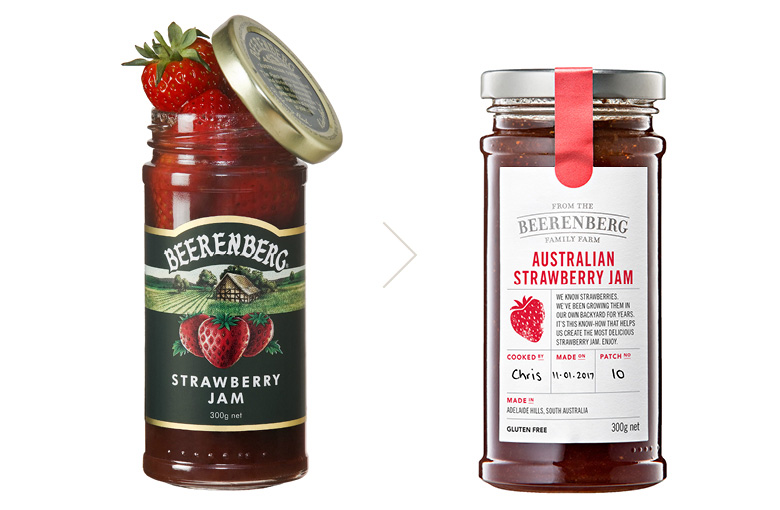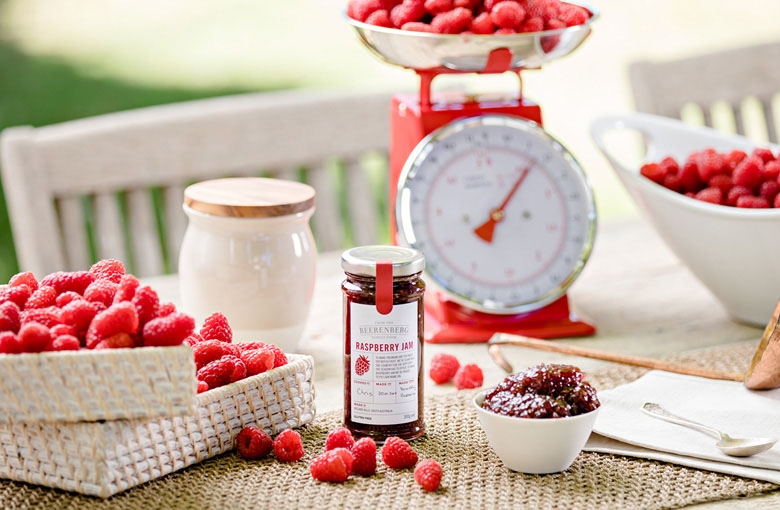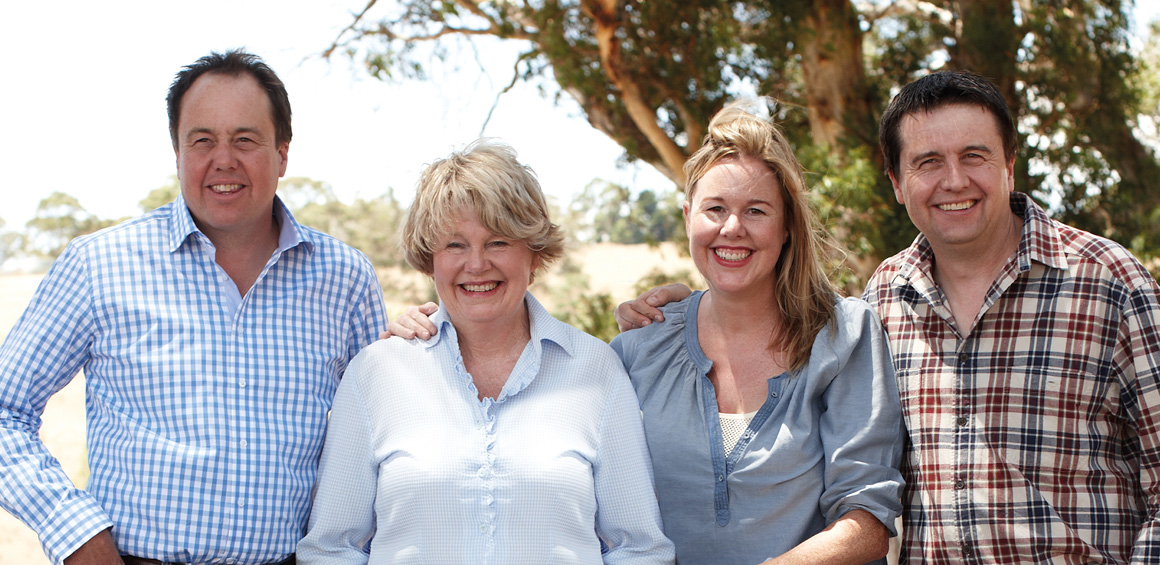Why is being a family business a competitive advantage?
Jim Lee, an economics professor at a Texas university spent nine years analysing family businesses. He found that family businesses outperform non-family businesses in terms of revenue and employment growth.
But the question is, why? And more importantly for the family businesses out there, how?
When we rebranded Beerenberg from looking like a mass-produced german brand, to looking like the sixth generation Australian family business they proudly are, sales rose 30%.
There are obviously many variables in business, however, in reviewing the research, and off the back of our experience, there are three important themes.
- Intent
- Culture
- Kinship
INTENT
With family business there is generally a bigger purpose than making money. They are fulfilling a generational craft, solving a problem, answering a need…. the money has just followed. This intent is often stronger and more relatable than their corporate equivalents and because of this, it taps into the consumer need for authenticity and trust.
With Beerenberg, who make jams and condiments, it’s all about the taste, since that very first batch of jam from their grandmother’s pan.
Along with this intent, there are generally embedded values from the start – values that are intrinsic to the family. These values permeate the business and further build that trust with the consumer.
Quick case study: Warburtons is a fifth-generation family bakers brand in the UK that is today run by cousins Jonathan, Brett and Ross Warburton. According to Marketing Week, it has used its family identity in advertising on and off throughout its 139-year history with taglines such as ‘we care more because our name’s on it’ and ‘from our family to yours’.
According to their marketing manager Sally Stanton, “Consumer distrust in big brands is a key market trend, so in that environment a family business really does have a platform to play from. It comes down to trust and authenticity.”
We couldn’t agree more. It’s not about always about leading your marketing efforts with the family message though, or being as ‘front and centre’ as Warbutons. It’s simply about having that strong foundation and focusing on building something that will last for generations.
CULTURE
This intent feeds into the company culture. Often there is a tight knit family feel that extends far beyond official family members, with an environment that is less formal and more hands on.
Family businesses can be less driven by short term financial goals and are prepared to make sacrifices for the longer term. This really helps to builds loyalty and result in a stronger and more sustainable culture.
People matter. They aren’t just a number that might need to be quickly cut in tougher times. We know this from Tiny Hunter too. Where most other agencies cut headcount when they lose a large account, we have retained our people through tricky times, and have been repaid in loyalty tenfold.
Quick case study: Did you know IKEA is a family owned business? The Family Business Consulting Group found that first generation founder Ingvar Kamprad’s personality had a major influence in shaping the company’s organisational culture.
In fact, IKEA’s former CEO, Mikael Ohlsson, had this to say about the strong cultural influence of the company’s founder, “If we share the same values and the same vision we can put more trust in people working in the organisation; we can have a very flat and non bureaucratic organisation. We always recruit through values and we spend an enormous effort in strengthening the values: Togetherness, Down-to-earth and Hardworking.”
Recruiting by values, and living and breathing them throughout every aspect of a company is one of the key elements of building strong culture within a successful family businesses.
KINSHIP
This sense of purpose, and the strength in culture, are amazing attributes of many family businesses, but the true power comes when this is experienced by the customer to build an emotional connection.
People have a need to belong, they need a tribe. They want to connect with brands that believe what they believe, and that value what they value. When there is alignment between brand, staff and consumer you have what we call Brand Kinship®. An environment where brands thrive.
As family businesses grow in size and span generations, these intrinsic qualities need to be defined, and reinforced through all aspects of the business – both internally and externally. When they are, the business will go from strength to strength.
In closing I’d like to leave you with this thought.
As a family business owner you are a custodian. How can you position your business for the success of future generations?











